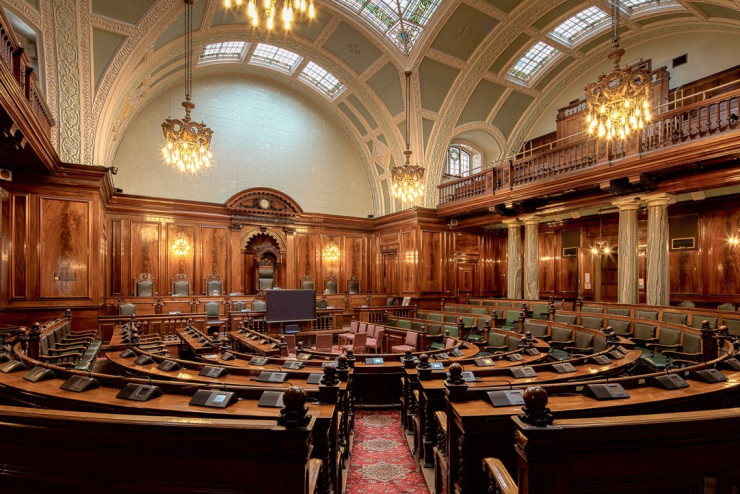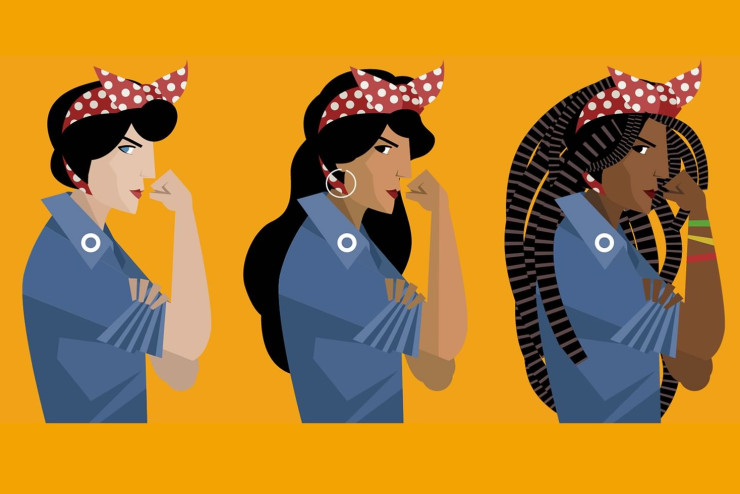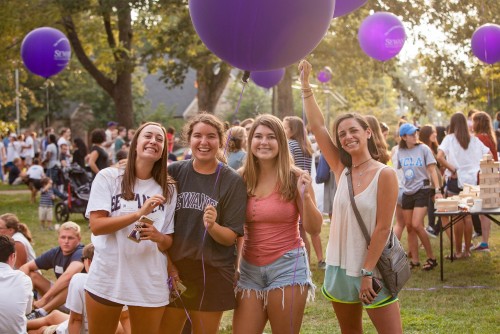Art and Advocacy
At the age of just 11, Josephine Baker watched in horror as her hometown burned during the East St. Louis riots of 1917. Between 1,000 and 3,000 white men marched into the city in late May of that year and began attacking its people, destroying the homes of over 6,000 Black residents and killing around 150. For young Baker, it was the defining moment of her childhood.
“She has said in many interviews that she was forever changed by watching her town burn and seeing the impact of racism,” says Cecilia Cerja, assistant professor of politics and women’s and gender studies. “It radicalized her, as it did many people at the time. And that sparked her to drop out of school and go pursue her career in any way possible.”
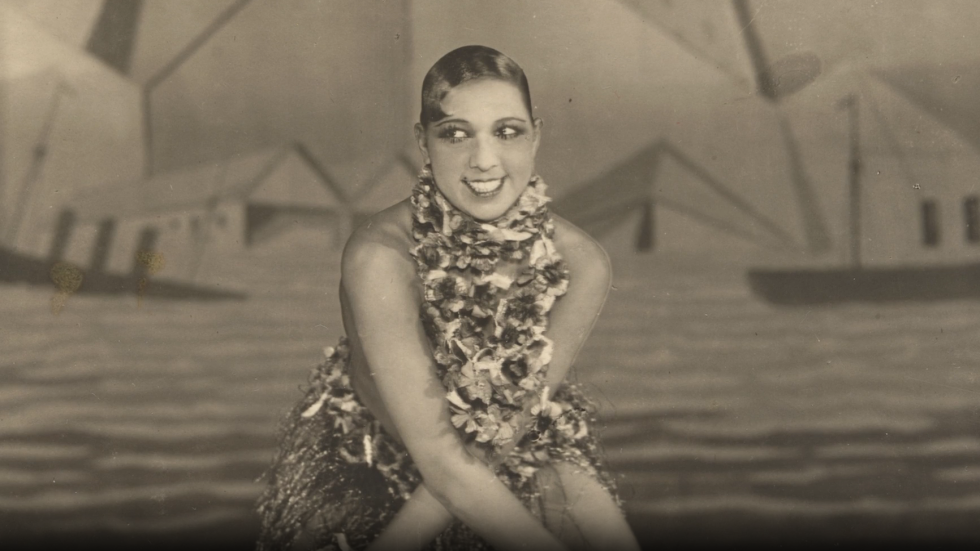 That career began with a stint as part of a Black vaudeville troupe before leading her to Broadway as a dancer. But after finding that institutionalized racism limited her prospects in New York, she set sail for Paris, where she became something of an overnight sensation. The crowds for which she performed were no longer segregated, and she found fewer barriers to stardom and acceptance abroad.
That career began with a stint as part of a Black vaudeville troupe before leading her to Broadway as a dancer. But after finding that institutionalized racism limited her prospects in New York, she set sail for Paris, where she became something of an overnight sensation. The crowds for which she performed were no longer segregated, and she found fewer barriers to stardom and acceptance abroad.
“A lot of Black scholars and Black performers had to go to Europe in order to be really, deeply respected,” says Cerja. “African American soldiers had a similar experience. They went to Europe to fight in World War II and didn't have to deal with segregation. And then they come back, and they're wondering, ‘What exactly did we fight for when we were being treated better back in Europe?’”
When Baker returned to the U.S. after decades abroad, she experienced a similar dissonance—and attempted to use her stardom to fight it. Arriving just before the crest of the civil rights movement, she insisted, with mixed results, that any club at which she would perform be integrated. She would also be the only woman to speak at the March on Washington, where she gave an impassioned speech about the need to use education to fight injustice.
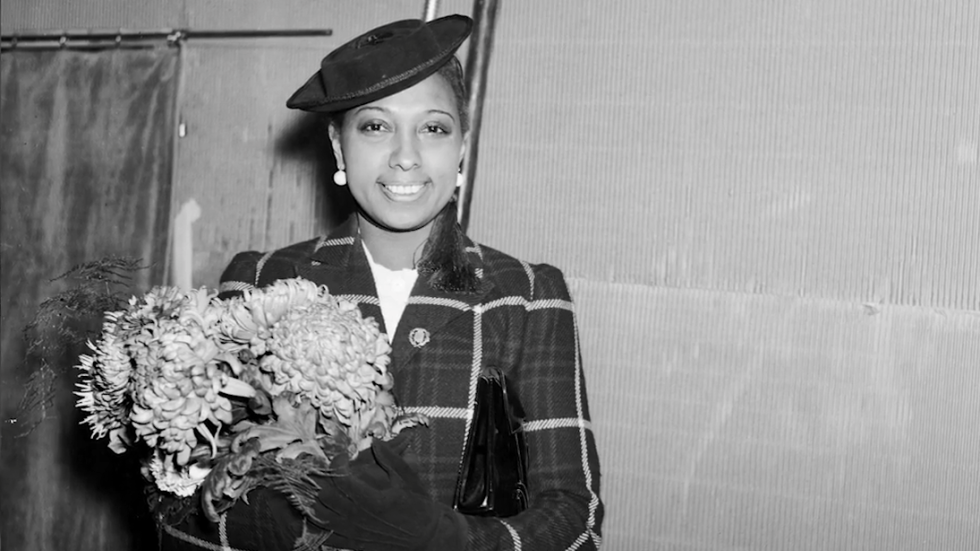 Baker was far from the only pop culture icon to use her fame as a platform for advocacy, instead fitting into a long tradition of performers using their art to change hearts and minds. From Bessie Smith and Ma Rainey, notable blues singers who were open about their relationships with men and women, to Aretha Franklin’s influence on second wave feminism to contemporary figures like Beyoncé, Black performers, Cerja notes, have always used their music to address social issues.
Baker was far from the only pop culture icon to use her fame as a platform for advocacy, instead fitting into a long tradition of performers using their art to change hearts and minds. From Bessie Smith and Ma Rainey, notable blues singers who were open about their relationships with men and women, to Aretha Franklin’s influence on second wave feminism to contemporary figures like Beyoncé, Black performers, Cerja notes, have always used their music to address social issues.
“With Josephine Baker, it's important to remember that a tragedy that occurred when she was 11 fundamentally changed the way that she saw race relations in the United States,” says Cerja. “She saw her hometown on fire, and that lit a fire within her to get out of the United States, see that there is a better world to fight for, and spend the rest of her life fighting that good fight.”
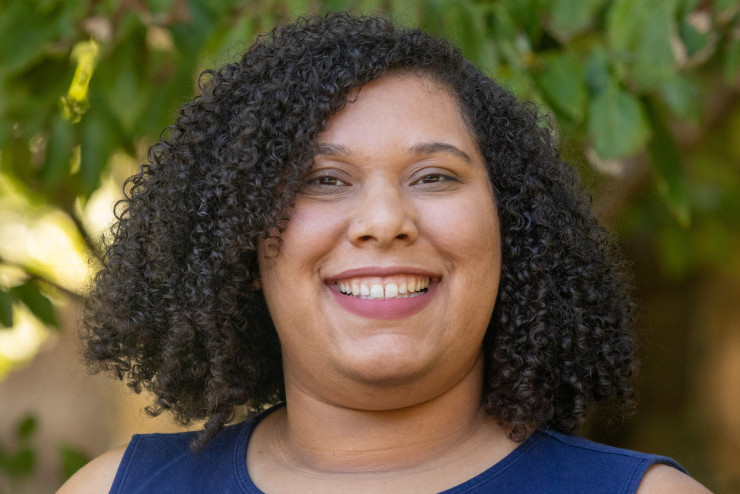
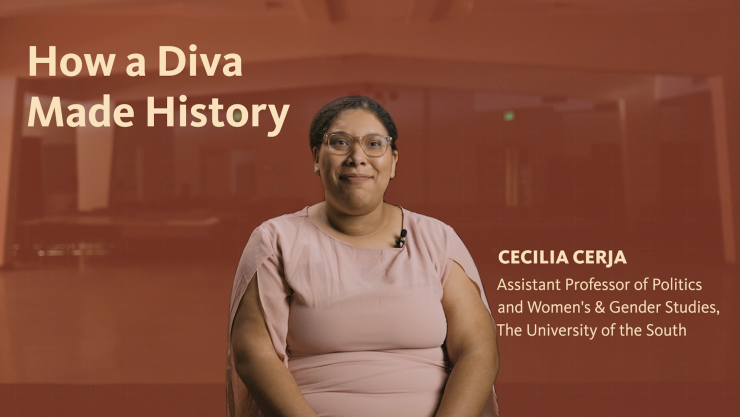

 That career began with a stint as part of a Black vaudeville troupe before leading her to Broadway as a dancer. But after finding that institutionalized racism limited her prospects in New York, she set sail for Paris, where she became something of an overnight sensation. The crowds for which she performed were no longer segregated, and she found fewer barriers to stardom and acceptance abroad.
That career began with a stint as part of a Black vaudeville troupe before leading her to Broadway as a dancer. But after finding that institutionalized racism limited her prospects in New York, she set sail for Paris, where she became something of an overnight sensation. The crowds for which she performed were no longer segregated, and she found fewer barriers to stardom and acceptance abroad. Baker was far from the only pop culture icon to use her fame as a platform for advocacy, instead fitting into a long tradition of performers using their art to change hearts and minds. From Bessie Smith and Ma Rainey, notable blues singers who were open about their relationships with men and women, to Aretha Franklin’s influence on second wave feminism to contemporary figures like Beyoncé, Black performers, Cerja notes, have always used their music to address social issues.
Baker was far from the only pop culture icon to use her fame as a platform for advocacy, instead fitting into a long tradition of performers using their art to change hearts and minds. From Bessie Smith and Ma Rainey, notable blues singers who were open about their relationships with men and women, to Aretha Franklin’s influence on second wave feminism to contemporary figures like Beyoncé, Black performers, Cerja notes, have always used their music to address social issues.